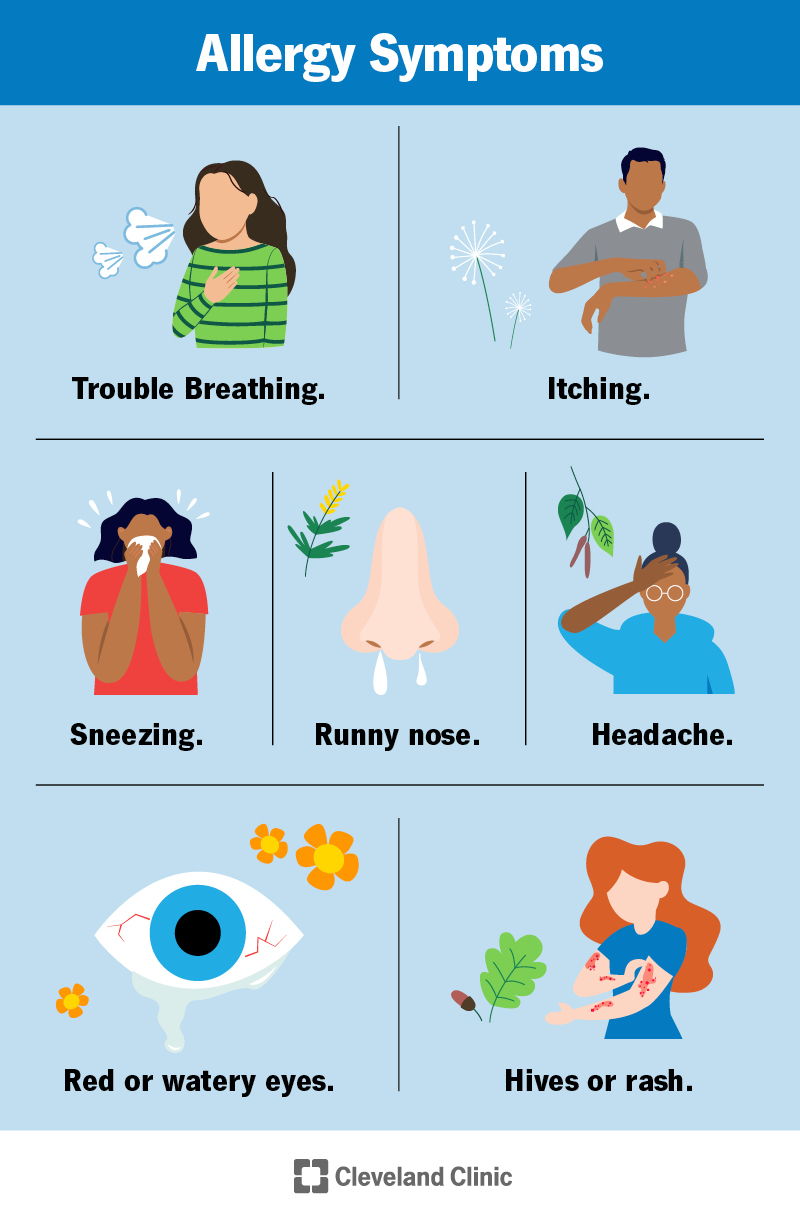
Earlier today, when I was checking out the news, I saw a headline that really stood out to me. CBS drew me in with a short video titled “how climate change is impacting seasonal allergies”. Could it be true? My allergies really have been worse in recent years? Unfortunately that answer is yes. The two minute news feature enlightened me to the fact that allergy season has indeed been getting increasingly longer and more intense. This year, allergy season extends about 20 extra days, but that number increases to 31 right here in Philadelphia, PA. Pollen production has also significantly increased. In the last 30 or so years, the amount of pollen produced each year has risen by 21%. That is a huge increase when we think of pollen on a global scale. So, what exactly is the science behind it?
Small greenhouse studies from the USDA (still being tested on a larger scale) enabled us to gain a likely link between climate change and the allergy effects previously mentioned. The studies found that a rise in temperature and atmospheric carbon dioxide levels actually increase the amount of pollen produced by plants. A rising temperature and an increase in greenhouse gasses, like carbon, are both major features of climate change. Therefore, climate change is a fairly likely explanation for these worsening allergies.

These serious impacts on allergy season provide just one more reason to stress the importance of climate change. While we can deal with the symptoms of allergies on an individual basis, this problem is only going to get worse if we don’t take action now. For some, seasonal allergies are just a minor inconvenience. On a less severe level, allergies can cause irritation on the skin and in the eyes, as well as nasal issues like sneezing and congestion. For me, I have definitely noticed an increase in these. For others, heightened allergy impacts can potentially be fatal. Allergies cause all kinds of respiratory issues such as wheezing and difficulty breathing. They can even worsen conditions like asthma. These major health problems impact the daily lives of both children and adults. They have been proven to decrease school attendance, as well as lessen productivity in the work place. One thing is clear: allergy season isn’t going anywhere, and the crucial step to preventing an even worse fate for springtime starts with tackling climate change.

I find it interesting how diverse the effects of climate change are. Of all the effects that one might list, a change in allergies would never cross my mind, but evidently it is a real effect. I think that this widespread nature of the consequences of climate change serves as even further motivation to make efforts to stop it. Who knows what the next unexpected effects will be, so ideally we would never need to find out. Climate change is probably the most pressing issue of today, if not the most pressing issue in modern history, so it is vital that we all work to ensure that the effects don’t worsen.
I am not someone who has seasonal allergies, but I feel for all of the people that do. My mom for example always gets some pretty bad symptoms and I hate to hear that allergy season is being extended as a result of climate change. It seems like every few weeks I learn about a new problem that climate change is causing, which convinces me more and more that some drastic changes are needed. On the topic of allergies, I have read some studies on the possibility that GMOs have caused food allergies. These obviously are not the same type of allergies, but I think it is another interesting discussion on the topic of environmental issues that not many people know about.
It’s kind of interesting and terrifying to simultaneously see all of the byproducts that are coming out of climate change. The temperatures and weather patterns are so erratic now you have the conditions being made for longer and stronger disease outrbreaks; while I don’t exactly knwo how seasonal allergies work, I can imagine that because they are often caused by certain plants or certain particles in the air, that the warming is only encouraging the progression of these aliments because these plants, etc are being given the optimal conditions to survive. I wonder if that’s also why I can see my own seasonal allergies worsening.